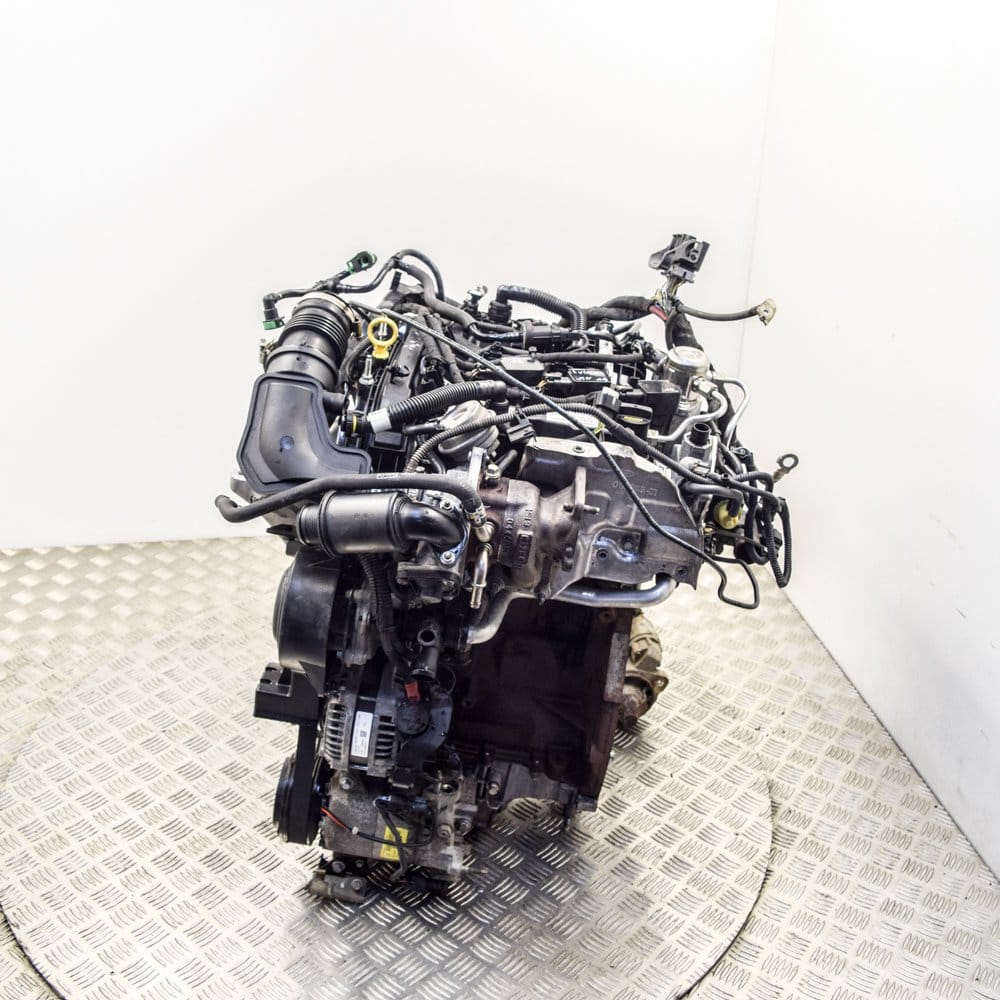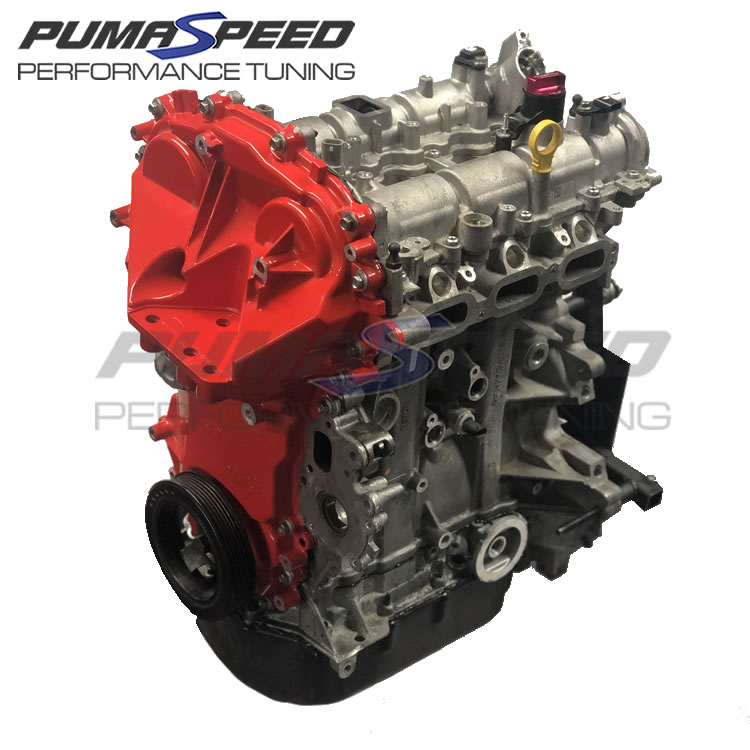Why Regular Maintenance of Your Ford Fiesta Engine Is Essential
Why Regular Maintenance of Your Ford Fiesta Engine Is Essential
Blog Article
Opening the Power of Engines: A Comprehensive Overview to Performance and Efficiency
Recognizing the complex auto mechanics of engines is crucial for both efficiency enthusiasts and daily motorists. By analyzing crucial metrics such as horsepower and torque, one can appreciate just how tuning methods enhance effectiveness while attending to environmental worries. Regular upkeep plays a crucial duty in sustaining optimal performance over time. As the automobile landscape changes in the direction of electrification and advanced technologies, the inquiry occurs: just how can we properly adapt to these adjustments while making the most of engine capabilities? The responses may redefine our technique to engine efficiency and effectiveness in means that are both enlightening and essential.
Recognizing Engine Fundamentals
What comprises the basic technicians of an engine? At its core, an engine is a device made to transform gas into power through a series of controlled explosions or combustion processes. The key elements include the cylinder, piston, crankshaft, camshaft, and valves. The cylinder acts as the chamber where combustion happens, while the piston relocates within the cylinder to convert the power from combustion into direct movement (ford fiesta engine).
The crankshaft then changes this straight activity into rotational power, which eventually powers the automobile. The camshaft manages the opening and closing of the valves, regulating the consumption of air and gas and the expulsion of exhaust gases. Additionally, the engine relies upon a very carefully adjusted fuel-air blend, ignition system, and cooling down system to make sure optimum performance and efficiency.
Comprehending engine fundamentals additionally involves identifying the importance of engine cycles, such as the four-stroke cycle, which includes consumption, power, compression, and exhaust strokes. Each phase is important in guaranteeing the engine operates efficiently and efficiently. Mastery of these fundamental auto mechanics lays the foundation for exploring extra complex engine dynamics and performance metrics, crucial for maximizing both power output and performance.
Trick Efficiency Metrics
Secret efficiency metrics are vital for assessing an engine's performance and power output, giving valuable insights for both manufacturers and customers. These metrics work as criteria for engine efficiency, permitting notified decisions in getting, layout, and production.
One of the primary metrics is horse power, which measures the engine's capability to do job over time. Torque, gauged in pound-feet, is another vital statistics that indicates the engine's rotational pressure, directly impacting velocity and lugging ability. Fuel performance, generally determined in miles per gallon (MPG) or litres per 100 kilometers (L/100km), analyzes exactly how successfully the engine transforms fuel into movement, affecting functional costs and ecological considerations.
In addition, thermal efficiency actions just how well an engine transforms fuel energy right into useful work, disclosing insights right into power losses mainly through warm. Discharge degrees, including carbon dioxide and NOx, are my sources also essential, reflecting the engine's ecological influence and compliance with governing standards.

Tuning Strategies for Effectiveness
Tuning techniques play a considerable role in improving engine efficiency by enhancing efficiency metrics identified in earlier conversations (ford fiesta engine). Different methods exist to make improvements an engine, each adding to improved gas economy and lowered discharges
One efficient strategy is readjusting the air-fuel ratio, making sure the engine operates within the ideal burning routine. A leaner mix can boost fuel performance, yet it has to be stabilized to stop misfires or engine knock. In addition, reprogramming the engine administration system can recalibrate specifications such as ignition timing, which even more improves efficiency while maintaining power outcome.
One more vital method involves customizing the consumption and exhaust systems. Upgrading to high-performance air filters and exhaust headers can reduce back pressure, facilitating far better airflow. This allows the engine to take a breath even more freely, bring about improved burning performance.
Furthermore, the execution of innovative adjusting tools, like dyno screening, gives exact information that makes it possible for targeted modifications. On a regular basis monitoring these efficiency metrics makes sure that tuning efforts generate the preferred effectiveness results. Collectively, these strategies not only bolster engine performance however additionally add to long-term sustainability in engine procedures.
Maintenance for Optimal Performance
Normal engine maintenance is vital for achieving ideal performance and durability. A properly maintained engine not only runs effectively yet likewise reduces the danger of costly fixings and failures. Key components requiring normal attention include oil, filters, belts, and ignition system.
Altering the engine oil at recommended intervals is important, as oil lubricates relocating components and avoids getting too hot. Replacing oil and air filters guarantees that contaminants do not harm engine feature. Neglecting these components can lead to lowered effectiveness and potential engine damage.
In addition, evaluating and changing worn belts and tubes is vital to stop sudden failures. Timing belts, particularly, should be changed according to the producer's routine to prevent tragic engine damage.
Spark plugs must also be examined and replaced as needed, given that they play a critical duty in ignition and fuel effectiveness.
Future Fads in Engine Modern Technology
Embracing innovations in modern technology, the future of engine design is positioned to try here transform performance and effectiveness throughout numerous applications. Crossbreed and completely electric powertrains are coming to be significantly mainstream, offering reduced discharges and improved gas effectiveness.
Additionally, developments in materials science are bring about lighter, stronger elements that boost engine performance while minimizing power consumption. Advanced production techniques, such as 3D printing, enable the development of intricate geometries that enhance air movement and thermal management, hence maximizing burning processes.
Furthermore, the assimilation of synthetic intelligence and sites artificial intelligence is readied to change engine diagnostics and performance adjusting. These technologies can evaluate huge amounts of data in real time, allowing predictive maintenance and tailored performance enhancements.
Conclusion
In verdict, unlocking the power of engines requires a thorough understanding of their technicians and performance metrics. Implementing effective tuning techniques and sticking to normal upkeep practices substantially improve engine abilities.
Furthermore, the engine depends on a carefully calibrated fuel-air combination, ignition system, and cooling down system to guarantee ideal performance and efficiency.
Comprehending engine fundamentals also entails acknowledging the value of engine cycles, such as the four-stroke cycle, which consists of intake, compression, power, and exhaust strokes. Proficiency of these essential mechanics lays the groundwork for exploring much more complicated engine characteristics and efficiency metrics, vital for optimizing both power result and performance.

Welcoming advancements in innovation, the future of engine design is poised to change performance and effectiveness across different applications.
Report this page